🌟 The Dawn of a New Quantum Era
In a move that could radically reshape the future of computing, Osaka University scientists have announced a landmark breakthrough in quantum information processing—a technique they call “zero-level magic state distillation.” This may sound like jargon from a science fiction novel, but in the world of quantum computing, it marks a pivotal moment—possibly the key that unlocks scalable, stable, and practical quantum systems.
This isn’t just academic hype. It’s a foundational shift. It brings us a giant leap closer to realizing fault-tolerant quantum computers, the holy grail that has eluded physicists and engineers for decades. And this news doesn’t just resonate in labs and think tanks—it has implications for everything from artificial intelligence to climate modeling, cybersecurity, and financial forecasting.
🧠 What Is Quantum Computing, And Why Should You Care?
Traditional computers store information as binary bits—either a 0 or a 1. Quantum computers use qubits (quantum bits), which can exist as both 0 and 1 simultaneously through the property of superposition. Even more exciting is entanglement, where qubits become mysteriously connected in such a way that the state of one instantly affects the state of the other, regardless of distance.
This allows quantum systems to perform complex calculations at blazing speeds, far beyond anything even the fastest classical supercomputer can achieve. Think cracking encrypted data in seconds, simulating molecules for new drug discoveries, or optimizing massive logistical operations in real-time.
But there’s a catch: qubits are delicate. They’re prone to errors caused by the slightest environmental disturbances—heat, electromagnetic noise, or even measurement. That’s why much of the quantum research is focused on error correction and fault tolerance.
That’s where Osaka’s “zero-level” technique comes in.
🧪 Inside the Breakthrough: What Is “Zero-Level Magic State Distillation”?
In quantum computing, you can’t just copy a qubit like you can a classical bit. You need special quantum states known as magic states to carry out certain operations that aren’t inherently supported by quantum gates (the building blocks of quantum algorithms). But magic states, too, are fragile and noisy.
To overcome this, physicists use a process called magic state distillation—cleaning up noisy states by combining multiple imperfect ones. It’s like brewing stronger coffee by distilling weaker batches repeatedly. But here’s the issue: this process is computationally expensive and consumes a ton of qubits and time.
Now, enter Osaka University’s innovation: the zero-level magic state distillation method. Unlike previous techniques, it doesn’t require multiple layers of error correction to initiate. It starts clean. It enables researchers to generate usable, low-error magic states right at the base level of a quantum system. That means fewer qubits, less energy, and greater stability.
🔍 Why This Is Revolutionary
The implications of this advancement are profound:
1. Reduced Quantum Overhead:
Current quantum systems require massive amounts of auxiliary qubits to correct errors. Osaka’s method could drastically reduce the number of support qubits needed, making scalable quantum computers far more feasible.
2. Lower Costs:
Fewer components mean less cost in building and maintaining quantum hardware. It could accelerate commercial availability of quantum computing.
3. Shorter Time-to-Compute:
The simplification of error management could lead to faster runtimes, making quantum computing a more viable option for real-time applications.
4. More Stable Systems:
Quantum error correction is notoriously fragile. By starting with cleaner states, the entire computation becomes more resilient to environmental noise.
🏭 Global Race for Quantum Dominance
The Osaka breakthrough places Japan firmly in the international spotlight in the quantum race. The U.S., China, Canada, and European nations are all investing billions in quantum supremacy, pouring resources into labs and companies like IBM, Google, and D-Wave.
But scalability and fault tolerance remain unsolved. Osaka University may have given Japan a major edge, showing the world that smart innovation—not just brute-force investment—can deliver results.
According to Prof. Kenta Fujita, one of the lead researchers, “We have shown that it’s possible to dramatically simplify the distillation process without sacrificing stability. It’s a step toward making quantum computing not just a theoretical playground, but an everyday reality.”
🧠 Real-World Impacts Coming Sooner Than You Think
This isn't just a lab curiosity. Here’s how this breakthrough could shape industries:
Healthcare & Pharma
Simulating complex molecules and reactions could become routine, enabling faster drug development, accurate protein folding, and personalized medicine.
Finance & Economics
Quantum systems can analyze and predict market behavior with unprecedented accuracy. Imagine forecasting global economic shifts in real-time.
Cybersecurity
Quantum encryption will change everything. But paradoxically, quantum computers can also crack traditional encryption. The stakes? Total information security or total vulnerability.
Climate & Environment
Modeling global climate systems is incredibly complex. Quantum computing can process variables and uncertainties to provide more accurate climate models and energy optimizations.
Logistics & AI
Optimizing logistics chains, especially in post-COVID global trade, can be improved exponentially. And quantum-enhanced AI will revolutionize pattern recognition, natural language processing, and autonomous systems.
🧭 Tips for Tech Investors and Startups
With this breakthrough, the quantum gold rush just intensified. Here’s what entrepreneurs, investors, and tech visionaries should consider:
Monitor Academic-Industry Collaborations:
Universities like Osaka are becoming critical players in applied innovation. Partnering with them offers early access to disruptive technology.
Diversify Quantum Portfolios:
Don’t just invest in hardware. Quantum software, middleware, and error-correction algorithms are new frontiers ripe for development.
Stay Updated on Quantum Regulations:
As quantum cryptography advances, governments will step in. Cyber laws and data privacy frameworks will need quantum-readiness. Anticipating this gives your business a head start.
Build Quantum-Ready Talent:
Start hiring physicists, data scientists, and quantum developers. The talent war is heating up—and those who act now will lead the future.
📚 Education & Learning: Prepare for a Quantum World
It’s not just about corporations. If you’re a student, educator, or just tech-curious, this is the perfect time to start learning about quantum theory, superposition, and entanglement.
There’s a growing wave of online courses, bootcamps, and certifications in quantum development—often free or low-cost. Platforms like IBM Qiskit, Microsoft Quantum Development Kit, and open-access journals are great starting points.
🎯 Final Thought: The Future Just Became the Present
When scientists talk about “quantum supremacy,” they mean a moment when quantum computers outperform classical ones in specific tasks. We’re not fully there yet—but Osaka’s zero-level method is one giant stride toward that destination.
It’s not just theory anymore. This is practical, measurable, reproducible progress. And it’s happening now.
Whether you’re in academia, industry, policy-making, or simply a curious mind watching the world unfold—pay attention. The quantum revolution won’t be televised. But it will change your life in ways you’ve never imagined.

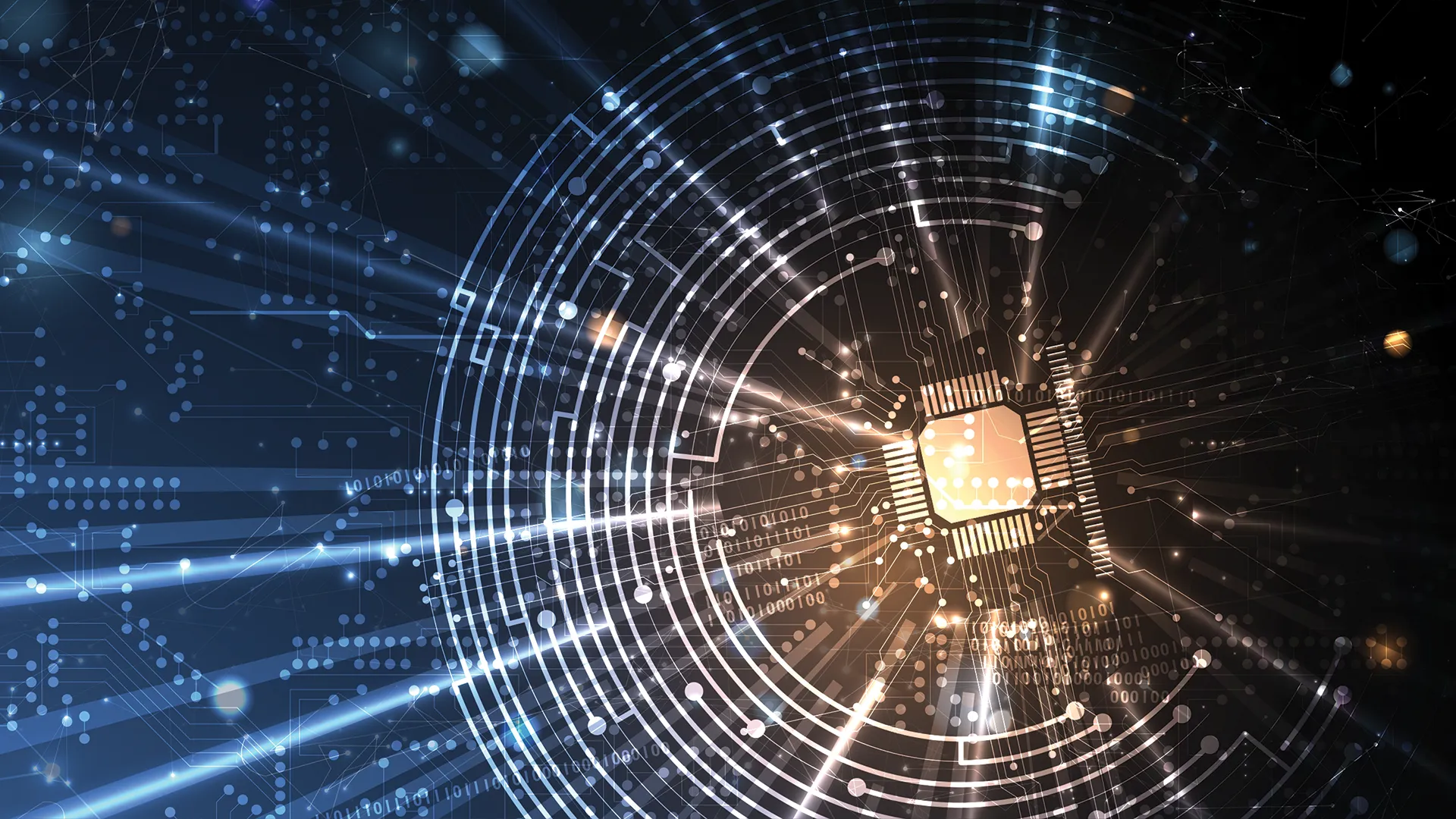


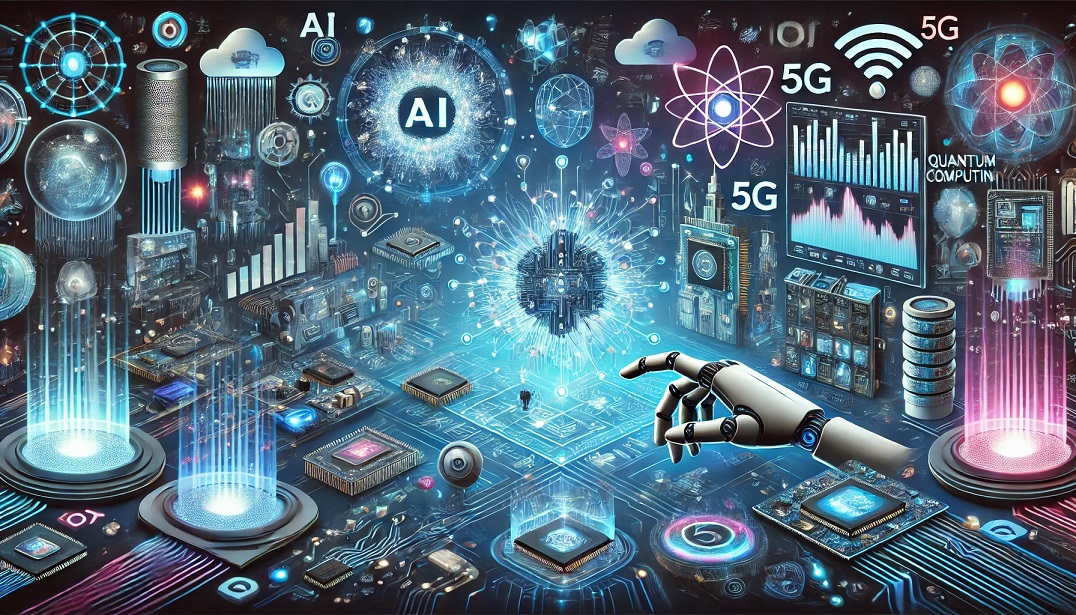


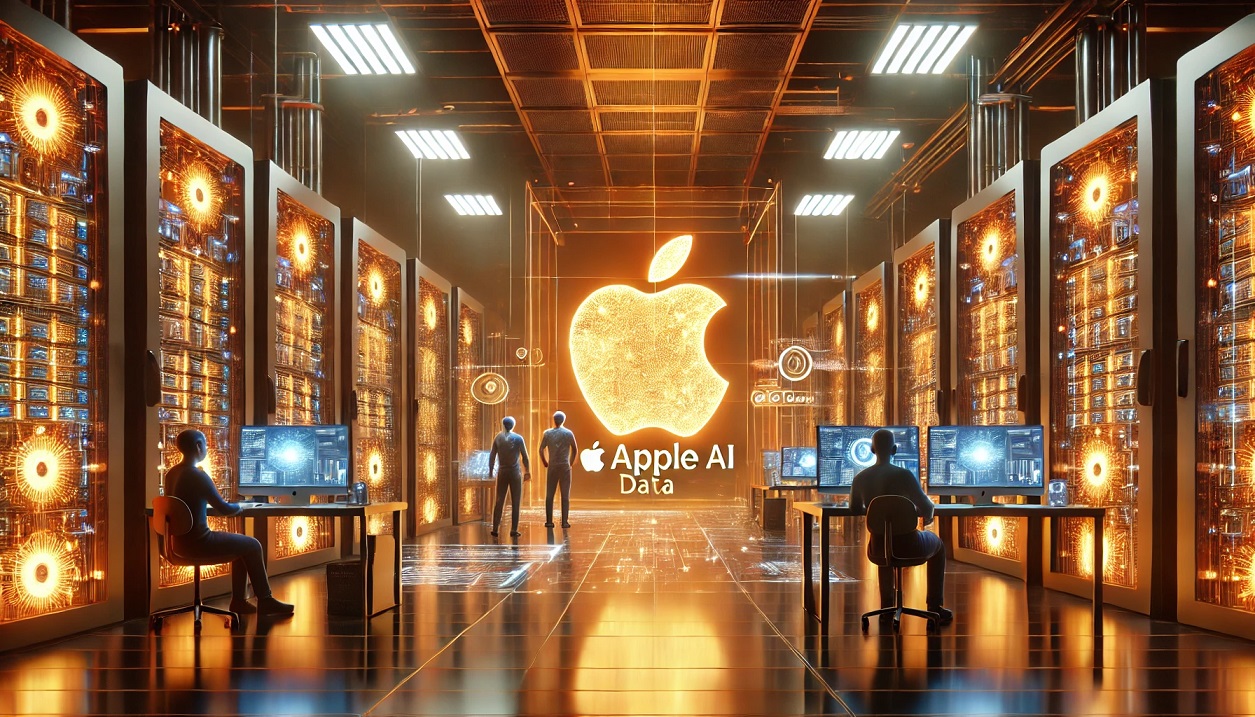
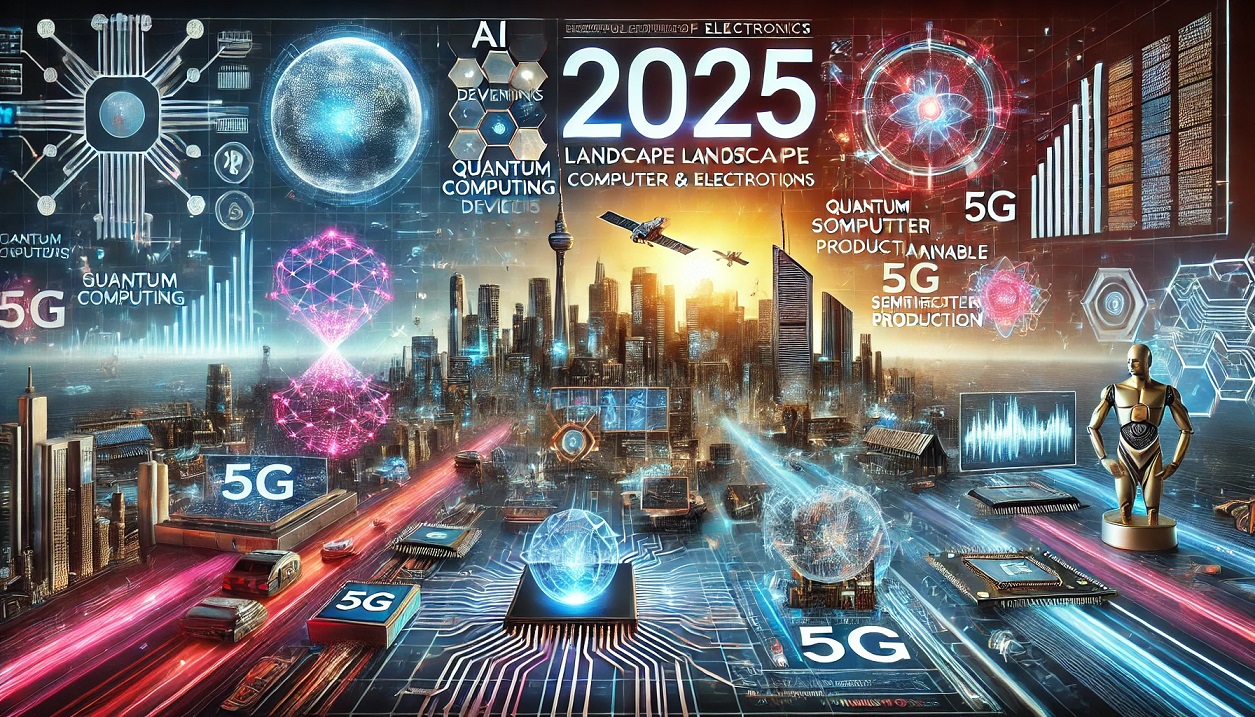


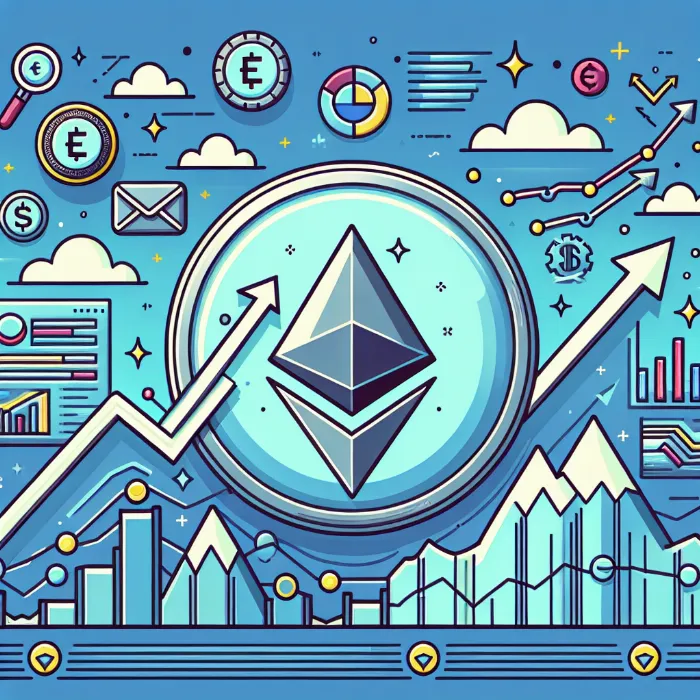


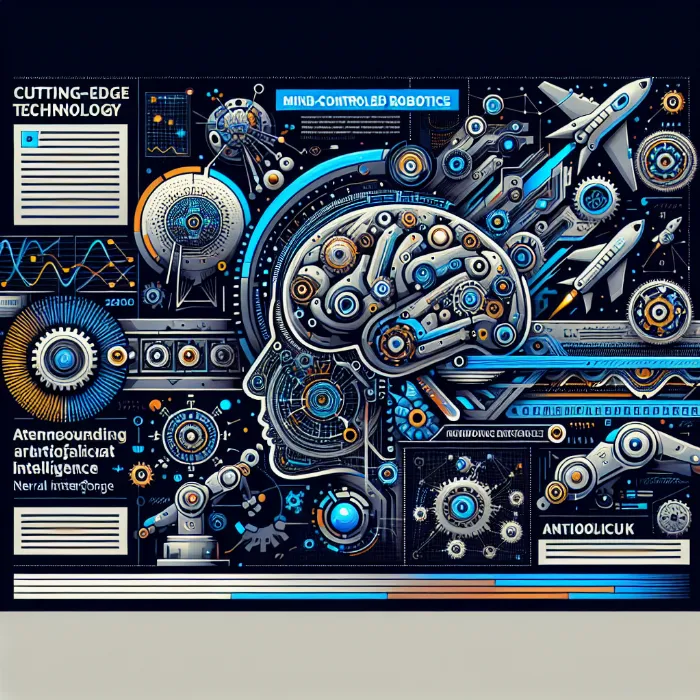


Comments 0